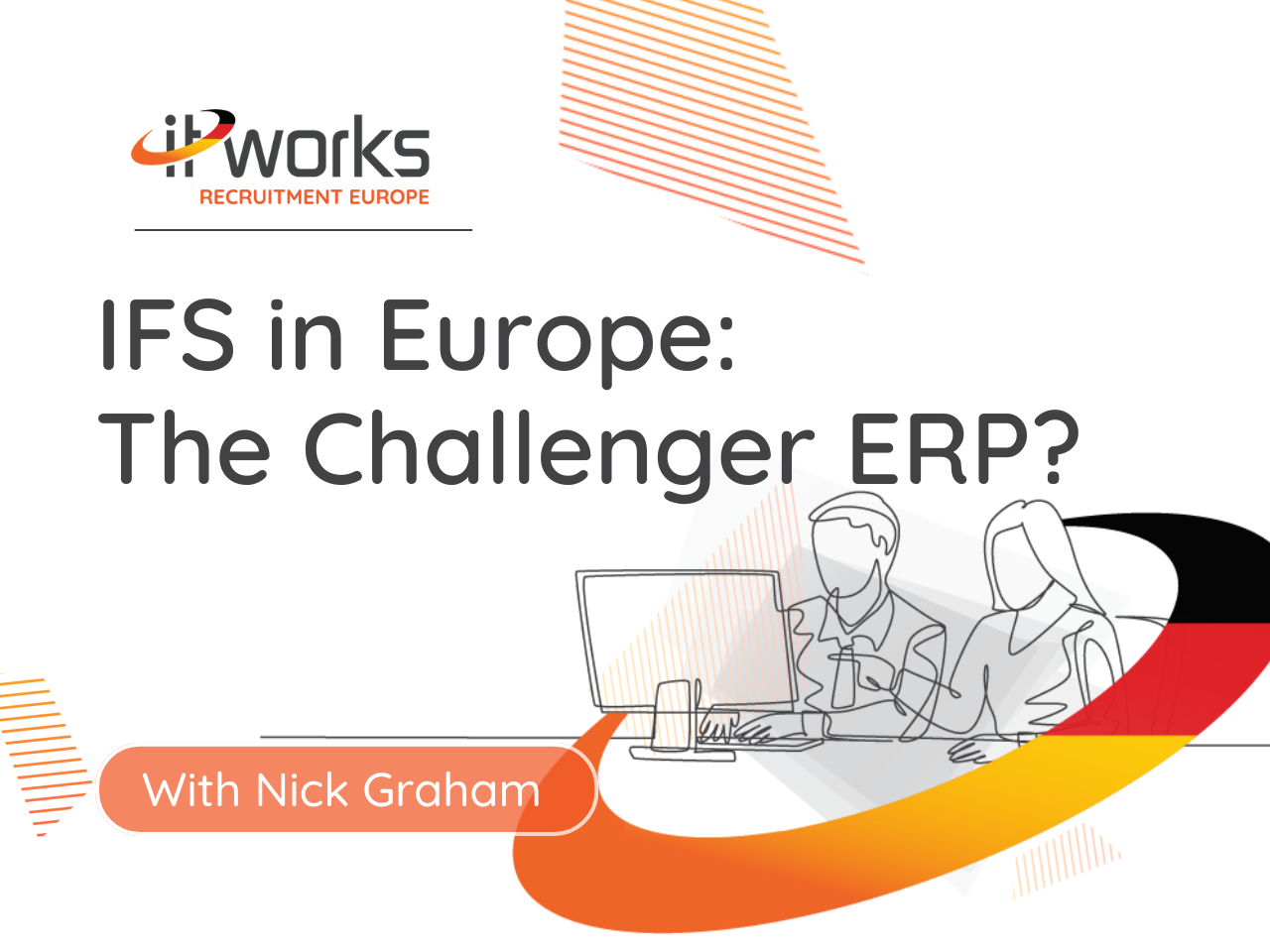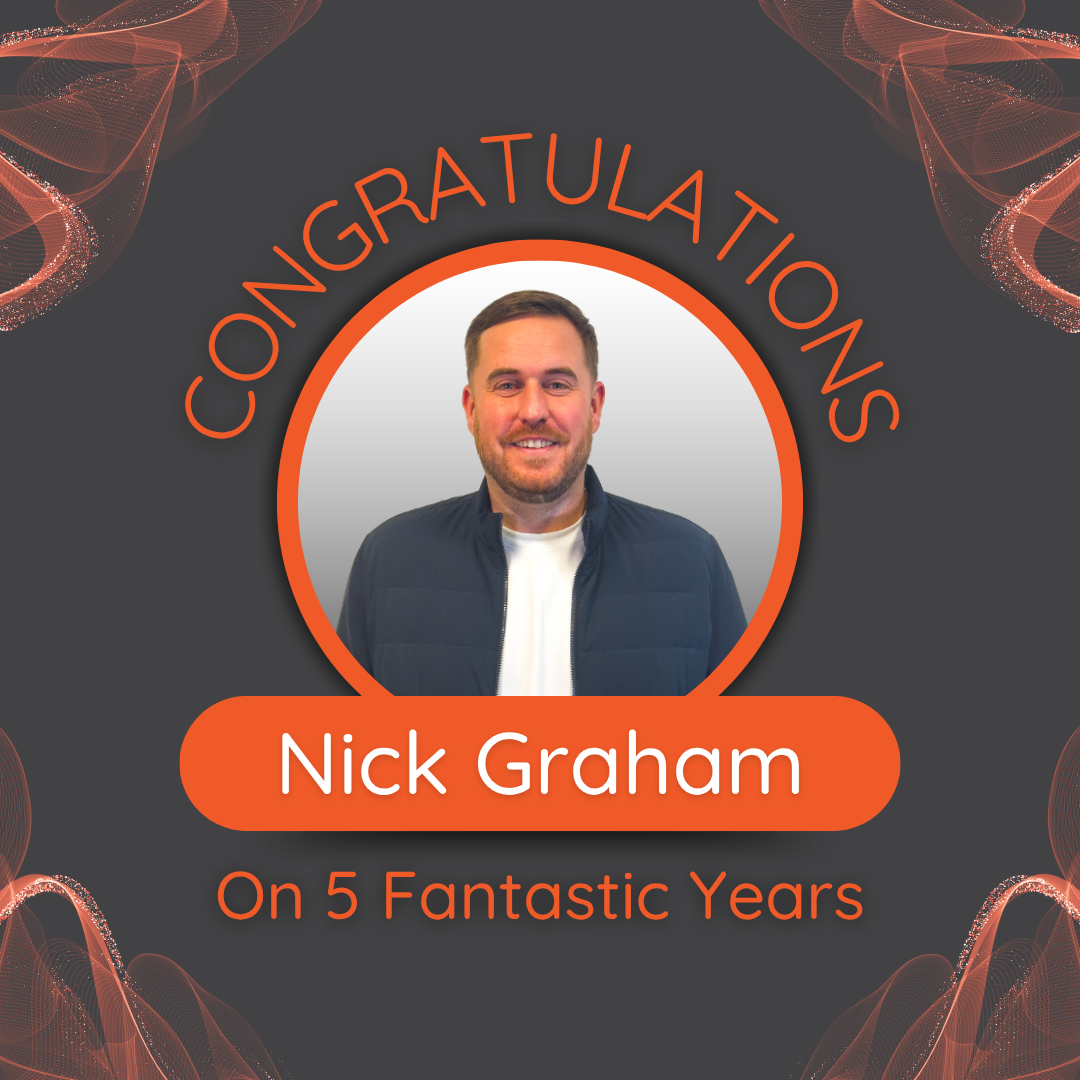When ERP is discussed, the usual names still dominate the conversation: SAP, Microsoft Dynamics, Infor, Oracle, IFS, and NetSuite. These are the systems with long-established market share, extensive functionality, and deep industry roots.
But as we move further into 2025, a new generation of ERP platforms is emerging. These systems are lighter, faster to deploy, and often better suited to the needs of modern, agile businesses. For organisations across Europe looking to move away from heavy, monolithic systems, these ERPs are presenting a credible and compelling alternative.
Here are some of the platforms worth watching in the year ahead:
- Odoo
Open-source, modular, and expanding rapidly across SMEs. Odoo is especially strong in the DACH region, France, and Benelux, offering a flexible alternative for businesses that value adaptability and control. - Acumatica
A true cloud-native ERP with a developer-friendly structure and flexible licensing. While well-established in the US, Acumatica is growing in the UK, Nordics, and DACH through a growing partner ecosystem. - Xentral ERP Software
Headquartered in Germany, Xentral is cloud-based and tailored to fast-paced eCommerce, retail, and D2C businesses. Its straightforward, API-friendly structure makes it ideal for scale-ups. - Unit4
Although not new to the market, Unit4’s modern platform and people-centric approach have seen it attract renewed attention across Europe, particularly within the public sector and service-based organisations. Its low-code capabilities are another draw for teams looking to modernise without deep developer dependencies. - Workday
Widely known for its HCM suite, Workday is gaining ground with its financials offering. Larger enterprises are increasingly considering Workday as a viable alternative to traditional ERPs, particularly where a modern, post-legacy stack is the goal. - Exact
A mainstay in the Netherlands, Exact is gaining traction more widely across Europe. It is particularly well suited to finance-led SMEs needing cloud-native flexibility with strong multi-entity functionality.
What does this shift mean for the market?
It is not just about technology. The platforms attracting attention are also pulling in talent and investment. Implementation partners are forming, user communities are growing, and clients are increasingly open to alternatives they might have overlooked five years ago.
As a business, we are already seeing this shift in the kinds of roles and skills our clients are asking for. From Odoo developers to Workday financials consultants, demand is no longer limited to the major ERP ecosystems.
In summary
ERP remains a fast-moving and competitive landscape. While the major players are far from disappearing, newer entrants are gaining ground with modern architectures, accessible pricing models, and focused functionality. For both businesses and ERP professionals, 2025/26 is already shaping up to be a year of renewed choice and opportunity.
If you're seeing similar trends in your market or are working with any of these systems, I’d be interested to hear your perspective.




